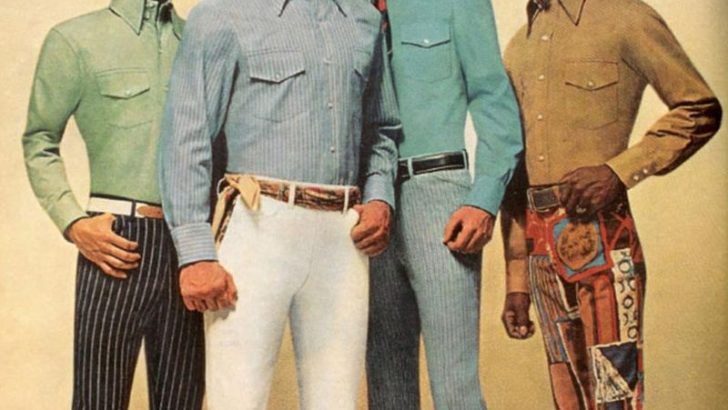The 1970s was a decade of change and cultural revolution. It was a time when disco ruled the dance floors, bell-bottoms were all the rage, and people expressed themselves in unique and colorful ways. One of the most distinctive elements of the ’70s was its slang.
These words and phrases not only defined communication during the era but also reflected the social, political, and cultural currents of the time. Today, these slang terms offer a nostalgic glimpse into a vibrant decade, bringing back memories of laid-back lifestyles and groovy vibes. So, let’s take a fun journey back to the ’70s with these 15 iconic slang words.
1. Far Out
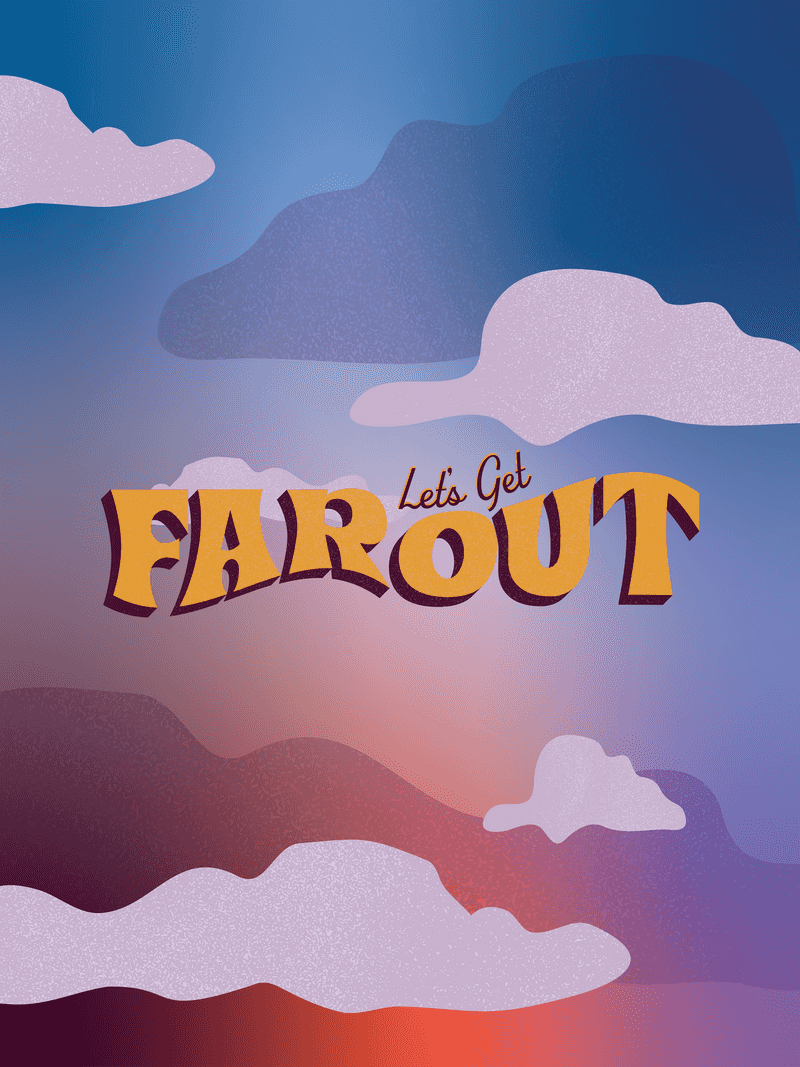
“Far Out” was a phrase often used to express astonishment or approval in the ’70s. People would say it to show they thought something was cool or extraordinary. Imagine a scene at a disco, where the lights are flashing and people are grooving to the beats. The excitement in the air is palpable. In this vibrant setting, someone might exclaim, “Far Out!” when witnessing a particularly impressive dance move. It was a versatile expression, capturing the carefree and exploratory spirit of the decade, often heard in moments of joy and surprise.
2. Groovy
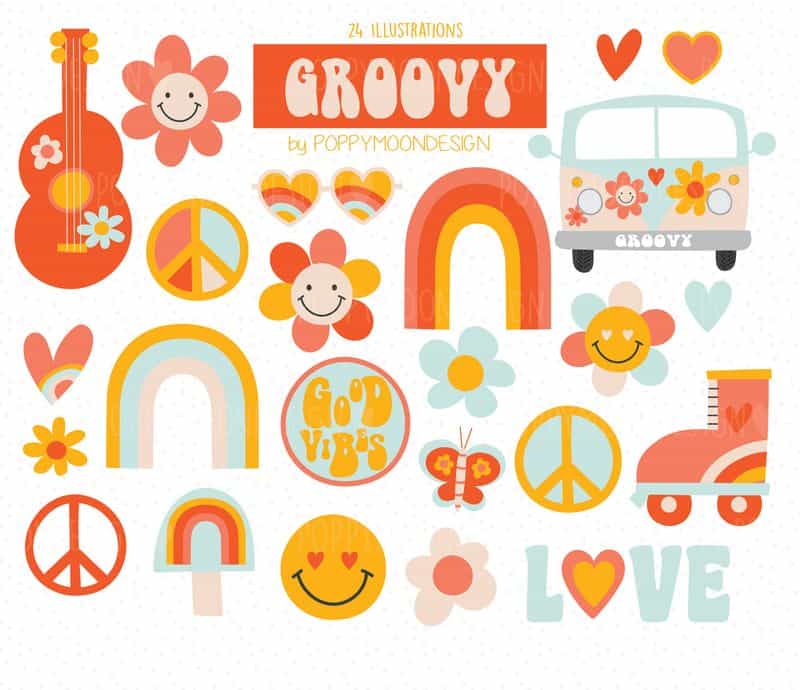
“Groovy” was synonymous with what was hip and happening in the ’70s. It was used to describe music, fashion, and experiences that were exceptionally pleasing or fashionable. Picture a music festival with a sea of people swaying to the rhythm, decked out in tie-dye and beads. The air is filled with the scent of incense, and everyone is lost in the moment. As a band starts playing a hit tune, the crowd might collectively declare, “That’s groovy!” encapsulating the era’s love for peace, music, and self-expression.
3. Catch You on the Flip Side
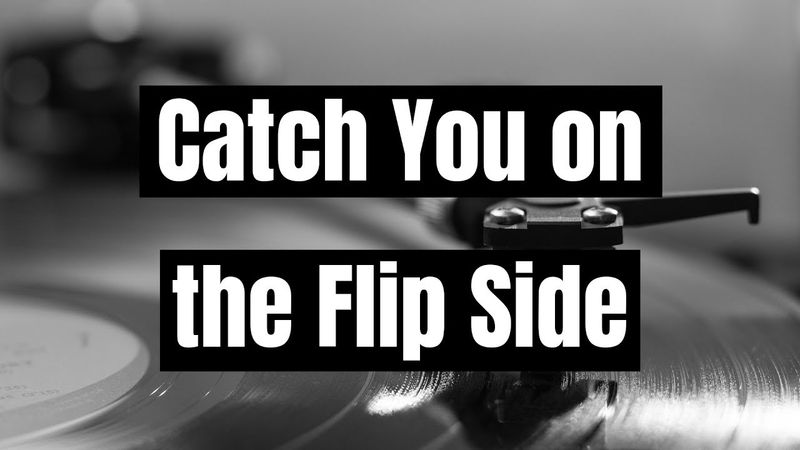
“Catch You on the Flip Side” was a casual way to say goodbye, inspired by vinyl records. As records have two sides, this phrase cleverly evokes the idea of turning to the next side, or meeting again later. Visualize a group of friends hanging out in a record store, flipping through albums. As they part ways, one might say, “Catch you on the flip side,” with a nod and a smile. It was a lighthearted farewell, capturing the relaxed, easy-going nature of the ’70s, as people navigated social interactions with a laid-back attitude.
4. Boogie Down

“Boogie Down” was the call to hit the dance floor and let loose in the ’70s disco era. It was all about having fun and dancing with enthusiasm. Imagine entering a vibrant disco, where the DJ’s beats electrify the air. The lights are shimmering, and the crowd is moving in harmony. Someone shouts, “Let’s boogie down!” and the energy spikes as everyone joins in, dancing without a care in the world. This phrase perfectly embodies the excitement and freedom of disco nights, where music and movement reigned supreme, and inhibitions were left at the door.
5. Keep On Truckin’
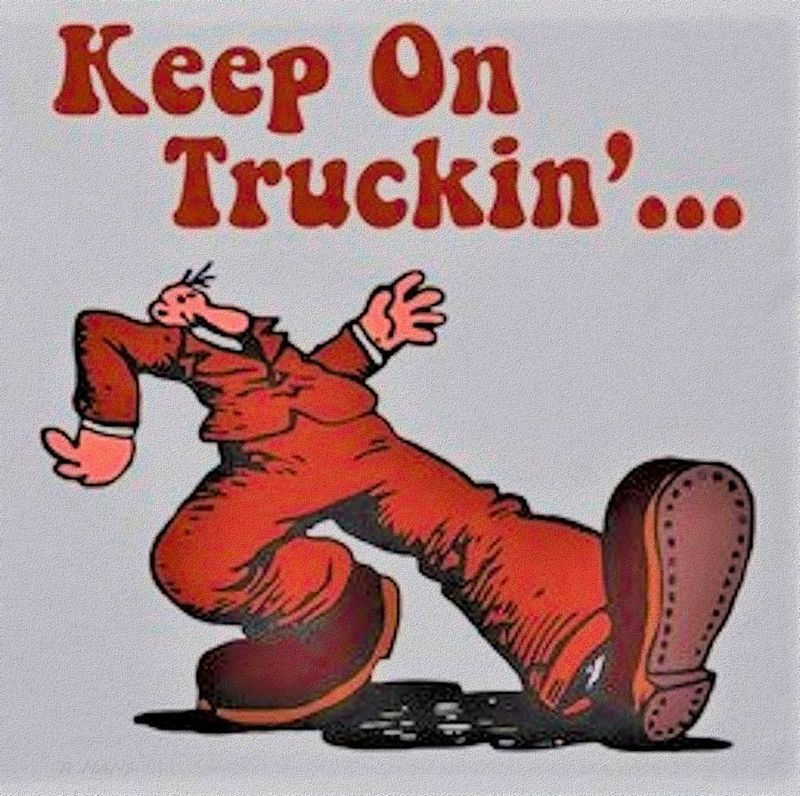
“Keep On Truckin'” epitomized persistence and positivity in the face of challenges during the ’70s. It’s a phrase encouraging resilience and the continuation of one’s journey. Picture a sunlit highway with a colorful truck zooming by, its driver determined and focused on the road ahead. Meanwhile, a hitchhiker waves, embodying the spirit of adventure. As they meet, a friendly exchange of “Keep on truckin'” might occur, offering mutual encouragement. This expression resonated with the decade’s adventurous spirit, urging people to persevere no matter what, embracing life’s unpredictable pathways.
6. Can You Dig It?
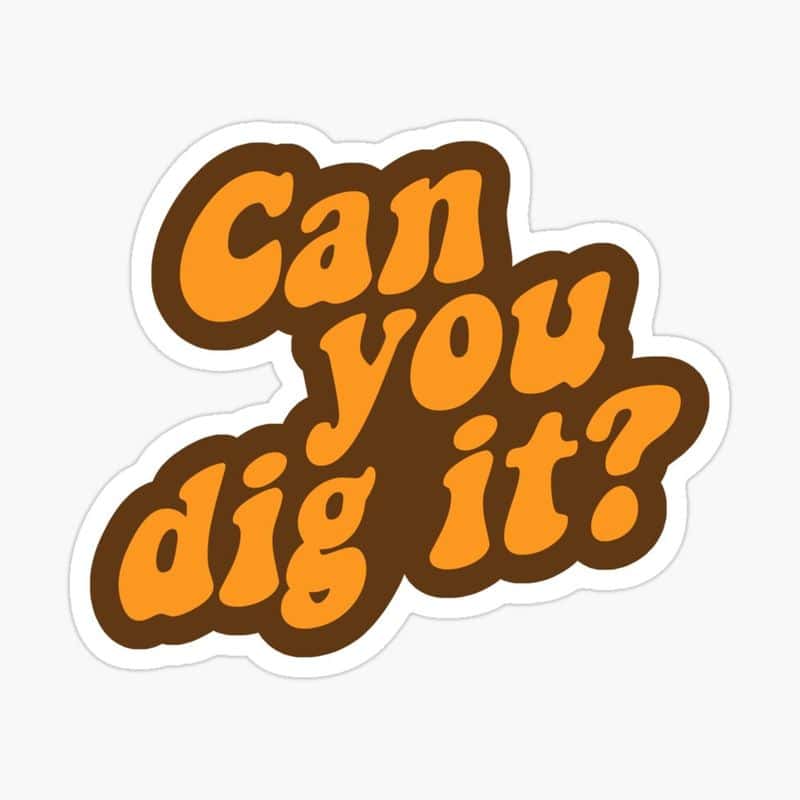
“Can You Dig It?” was the quintessential ’70s phrase for asking if someone understood or agreed with you. It was often heard in social gatherings, where ideas flowed freely. Envision a cozy coffee shop, where friends gather around a table, engaged in animated discussions. One person shares a novel concept, leaning back with a confident grin, “Can you dig it?” they ask. Nods and smiles follow, signaling agreement and mutual understanding. This phrase was more than just words; it was an invitation to connect on a deeper level, fostering bonds through shared perspectives and curiosity.
7. The Man
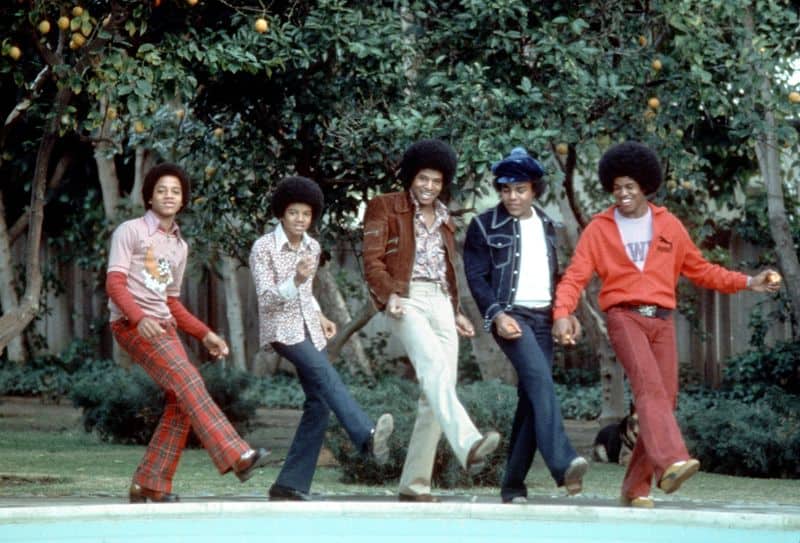
“The Man” referred to authority figures or the establishment, often with a hint of distrust or irony. In the ’70s, it symbolized the struggle against oppressive systems. Picture a corporate office, where figures in suits deliberate over decisions, their presence commanding. Conversations about societal constraints or work hierarchies often mentioned “The Man” as a symbol of control. This slang was a reminder of the era’s countercultural movements, where questioning authority and advocating for freedom were prevalent themes, reflecting the desire to break free from societal norms and express individuality.
8. Outta Sight
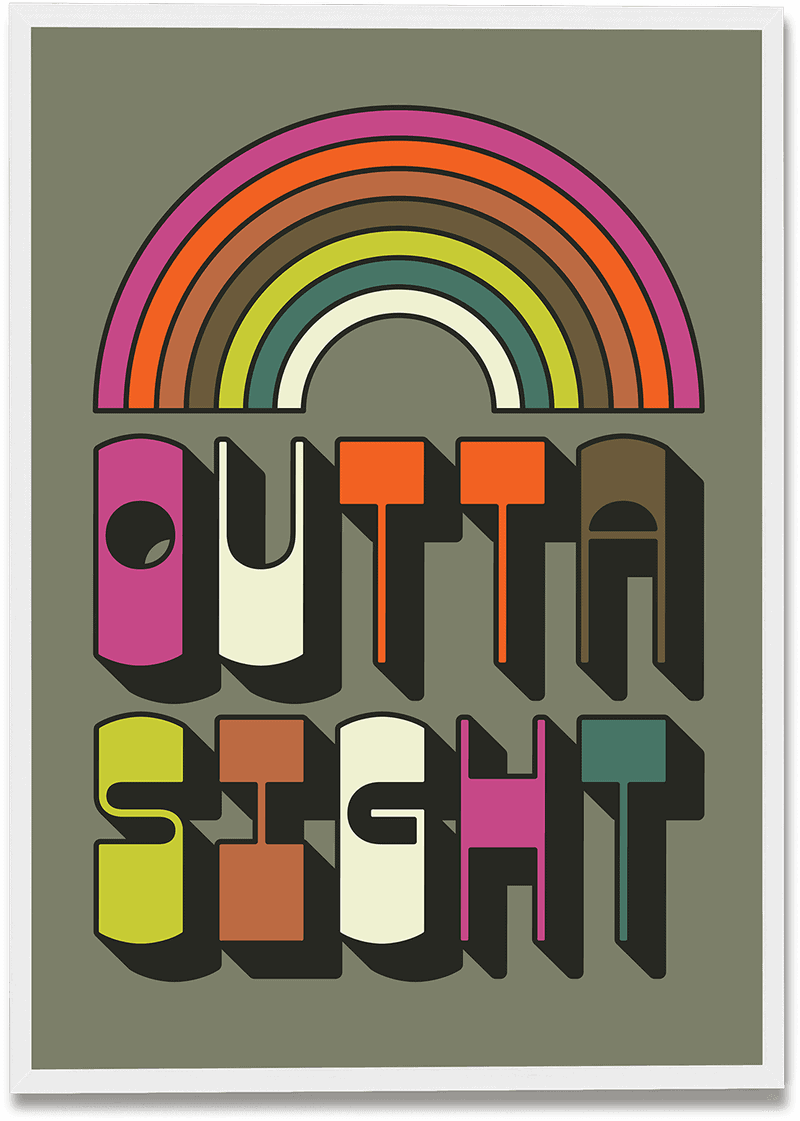
“Outta Sight” was an exclamation used to describe something remarkably good or impressive. It captured the thrill of experiencing something extraordinary. Picture a jam-packed concert, where a band is playing with unmatched energy, the crowd swaying in unison. As the music reaches a crescendo, someone might shout, “Outta sight!” as they lose themselves in the moment. This expression was a hallmark of the ’70s, emphasizing the era’s enthusiasm for all things exciting and beyond the ordinary, be it in music, fashion, or art, celebrating the best life had to offer with a fervent zest.
9. Funky

“Funky” was all about style and attitude, describing something that was cool in an unconventional way. It characterized the vibrant and eclectic spirit of the ’70s. Imagine walking down a bustling city street, where everyone dons unique, eye-catching outfits. It’s a kaleidoscope of bold colors and patterns. Someone remarks, “That’s funky!” pointing at a particularly daring ensemble. This term went beyond fashion, extending to music and dance, capturing the essence of a period where self-expression was celebrated and boundaries were pushed, encouraging individuals to embrace their unique flair.
10. Jive Turkey
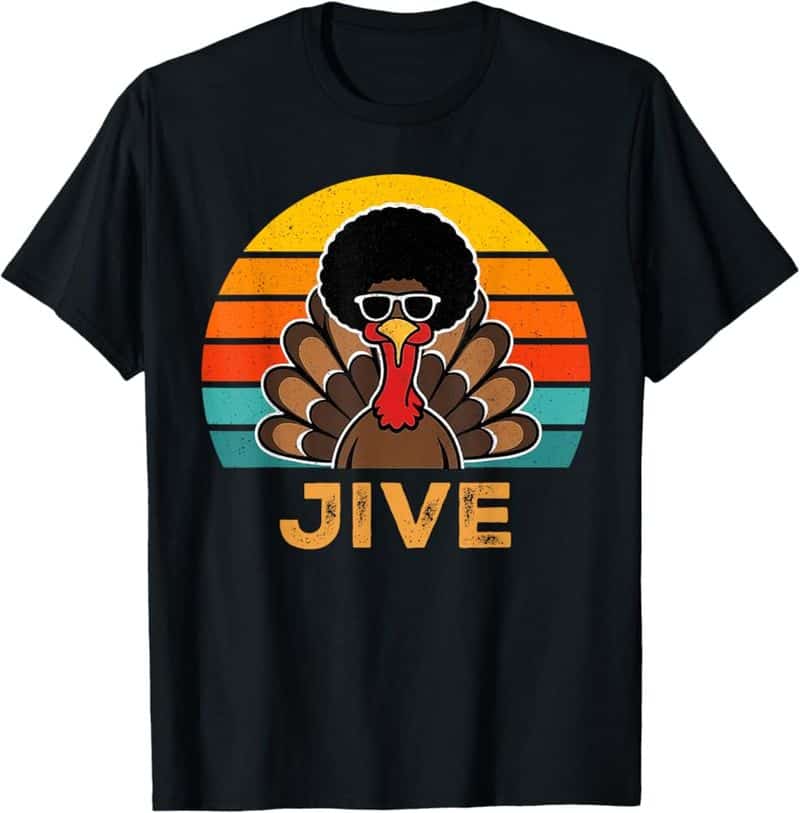
“Jive Turkey” was a playful insult used in the ’70s, often between friends. It referred to someone who was being insincere or silly. Picture a lively dinner party, where guests are engaged in spirited conversation. Amid laughter and banter, one friend jokingly calls another a “Jive Turkey” after a tall tale is told. Everyone erupts in laughter, understanding the lighthearted nature of the tease. This slang was part of the friendly camaraderie of the time, a fun way to call someone out without malice, reflecting the decade’s penchant for humor and wit in social interactions.
11. Bummer

“Bummer” succinctly expressed disappointment or misfortune during the ’70s. It was often used in everyday conversations to acknowledge setbacks. Imagine a sunny day in the park, where friends are playing Frisbee. Suddenly, the Frisbee lands in a puddle, and someone exclaims, “Bummer!” capturing the moment’s letdown. Despite the setback, the mood remains cheerful, as everyone laughs it off. This slang became a staple in casual dialogue, providing a simple yet effective way to express minor disappointments, embodying the laid-back, resilient attitude of the ’70s, where life’s little hiccups were met with a shrug and a smile.
12. Brick House

“Brick House” was a compliment for someone, usually a woman, who was exceptionally strong or attractive. It celebrated physical beauty and strength in the ’70s. Picture a vibrant fitness class, where women are engaged in exercises, radiating confidence and power. As they complete their routines, someone might nod appreciatively, saying, “She’s a brick house,” acknowledging their impressive form. This phrase was popularized by songs and culture, highlighting the era’s admiration for robustness and allure. It emphasized the appreciation for strong, confident individuals, reflecting the changing perceptions of beauty and empowerment during the decade.
13. Foxy
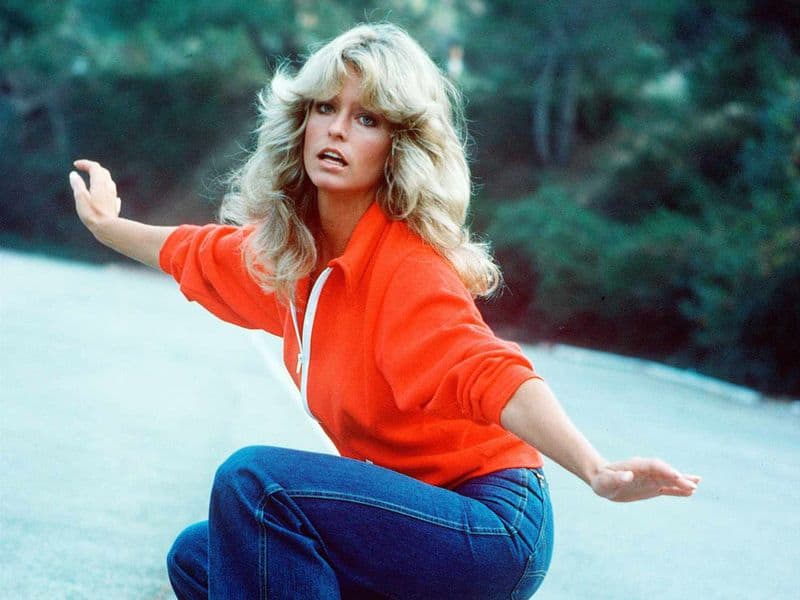
“Foxy” was a term of endearment used to describe someone who was attractive or charming. It was a popular compliment during the ’70s. Envision a bustling nightclub, where the music is captivating and the atmosphere electric. A person catches someone’s eye across the room, and a friend whispers, “Check out that foxy person!” The recipient of the compliment flashes a smile, adding to the allure. This word encapsulated the flirtatious and lively social scene of the time, where compliments flowed freely, and people celebrated charm and attraction with enthusiasm, making social interactions vibrant and dynamic.
14. Right On

“Right On” was a rallying cry of agreement or support, often used in the context of social justice movements in the ’70s. It signified solidarity and affirmation. Picture a protest rally, where people gather with banners and signs, voices raised in unison. As a speaker makes a powerful point, the crowd responds with a chorus of “Right on!” signaling their collective agreement and support. This expression was emblematic of the decade’s activism and social consciousness, reflecting the era’s passion for change and unity. It served as a verbal high-five among those pushing for progress and equality.
15. Solid
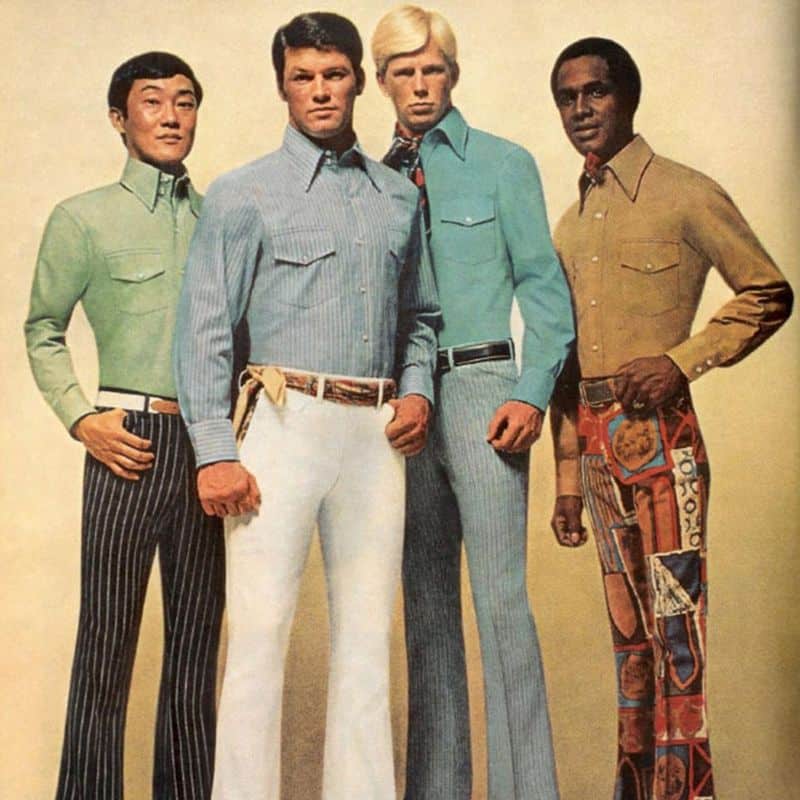
“Solid” was a term of approval, meaning reliable or excellent, frequently used in the ’70s to express trustworthiness or quality. Imagine a community center buzzing with activities, where people rely on one another for support and collaboration. An event goes smoothly, and someone praises the organizer, “That was solid,” recognizing their dependable efforts. This word captured the essence of the era’s focus on community and cooperation, where being “solid” meant being a person or thing others could count on, embodying the trust and camaraderie that were highly valued in social circles.

Well, hello there!
My name is Jennifer. Besides being an orthodontist, I am a mother to 3 playful boys. In this motherhood journey, I can say I will never know everything. That’s why I always strive to read a lot, and that’s why I started writing about all the smithereens I came across so that you can have everything in one place! Enjoy and stay positive; you’ve got this!

